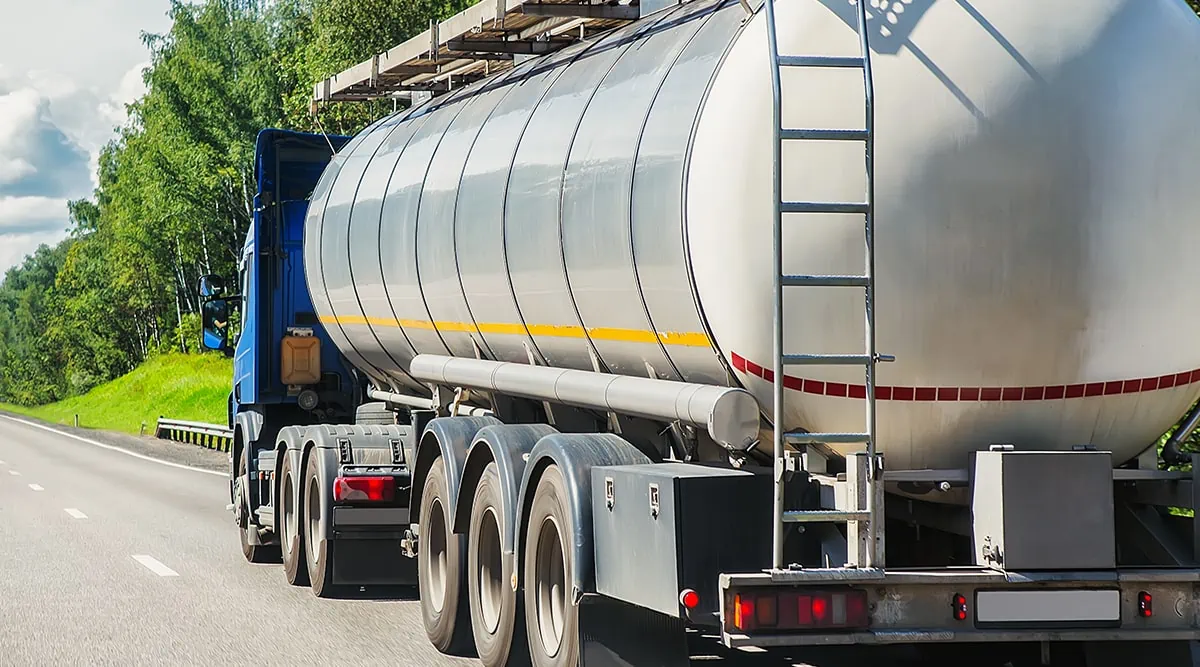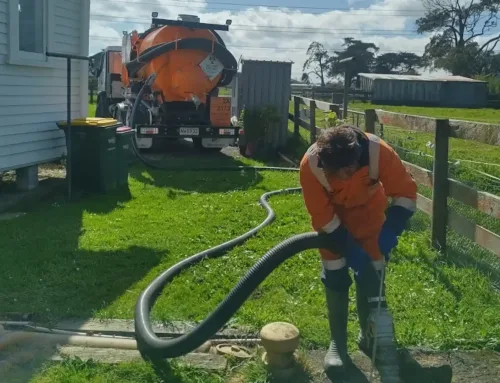Not known Factual Statements About Reclaim Waste
Not known Factual Statements About Reclaim Waste
Blog Article
What Does Reclaim Waste Mean?
Table of ContentsReclaim Waste Fundamentals ExplainedLittle Known Questions About Reclaim Waste.8 Simple Techniques For Reclaim WasteWhat Does Reclaim Waste Mean?More About Reclaim Waste
Discover the types, events, and kinds of fluid waste. Domestic sewer waste describes the waste and items from a domestic septic tank. This sort of waste is created by people in homes, colleges, and other buildings. This only consists of septic storage tanks that have a drainpipe area. The appropriate monitoring and disposal of residential sewage waste require fluid waste to be transferred to a sewage treatment plant where the appropriate techniques and devices are related to purify and get rid of waste.
Industrial waste frequently consists of prospective hazards, such as combustible products or a mix of liquid and strong waste products, and requires an extra innovative and thorough disposal process. The disposal of industrial waste generally includes the purification of waste prior to transport to make certain secure and appropriate disposal. Hazardous waste is developed from byproducts and drainage of commercial processes and manufacturing.
This kind of waste can not make use of the very same sewage administration transportation or procedures as septic or commercial liquids. The hazardous waste management procedure calls for the evaluation and screening of liquid waste prior to it undertakes the disposal procedure (liquid waste disposal). Drainage waste is the liquid waste that comes from runoff and excess stormwater in highly booming locations or cities
Drainage waste can create contamination and flooding if not handled effectively. Making certain appropriate waste administration can avoid calamities and lower environmental damage.
All about Reclaim Waste
Get in touch with PROS Services today to discover our waste monitoring and disposal solutions and the proper ways to take care of the fluid waste you generate.
(https://fliphtml5.com/homepage/kekhp)Do you recognize what takes place to your water when you disengage, purge the toilet or drain pipes the cleaning equipment? No? Well, it's worth recognizing. This supposed 'wastewater' is not just an important resource yet, after therapy, will certainly be released to our land, rivers or the ocean. Made use of water from bathrooms, showers, baths, kitchen sinks, laundries and commercial procedures is understood as wastewater.

water utilized to cool equipment or tidy plant and tools). Stormwater, a type of wastewater, is drainage that flows from farming and urban areas such as roof coverings, parks, gardens, roadways, courses and gutters into stormwater drains, after rain. Stormwater streams unattended straight to regional creeks or rivers, at some point getting to the ocean.
How Reclaim Waste can Save You Time, Stress, and Money.
In Queensland, most wastewater is treated at sewer treatment plants. Wastewater is delivered from domestic or commercial sites via a system of sewers and pump stations, referred to as sewerage reticulation, to a sewer treatment plant. Regional governments construct, preserve and run most sewage treatment plants. Operators are certified under the Environmental Management Act 1994 to release treated wastewater at an acceptable environmental criterion into waterways.
The Division of Natural Resources encourages regional federal governments regarding handling, operating and preserving sewerage systems and treatment plants. In unsewered locations, city governments may call for householders to mount individual or home sewer therapy systems to treat residential wastewater from bathrooms, kitchen areas, shower rooms and washings. The Department of Natural Resources authorizes making use of home systems when they are proven to be reliable.
Most stormwater gets no therapy. In some new communities, therapy of some stormwater look at here to eliminate trash, sand and gravel has begun making use of gross pollutant catches. Wastewater therapy happens in four phases: Removes solid matter. Larger solids, such as plastics and other items wrongly released to sewage systems, are eliminated when wastewater is passed through displays.
Wastewater after that streams right into large containers where solids work out and are gotten rid of as sludge. Grease and residue are skimmed from the surface. Uses small living organisms called micro-organisms to break down and eliminate remaining liquified wastes and fine particles. Micro-organisms and wastes are integrated in the sludge. Gets rid of nitrogen and phosphorus nutrients that could cause algal blooms in our rivers and endanger water life.
Things about Reclaim Waste
Nutrient elimination is not offered whatsoever sewer therapy plants since it requires expensive specialist equipment. It is ending up being much more typical in Queensland. Clear liquid effluent produced after therapy might still consist of disease-causing micro-organisms. If this effluent is released into waterways such as rivers or the sea, the micro-organisms will ultimately pass away out.

This normally means wastewater needs to be treated or impurities eliminated prior to it can be released to rivers. The majority of wastewater flows into the sewage system. Under the Act, city governments carry out approvals and permits for eco appropriate tasks (Ages) entailing wastewater releases that could have a regional effect. The division administers authorizations and permits to ERAs entailing wastewater releases that might have a local or statewide influence.
Rumored Buzz on Reclaim Waste
Tracking gives accurate information concerning water quality and can validate that permit conditions are being fulfilled. The info obtained with surveillance provides the basis for making water top quality choices.
Report this page